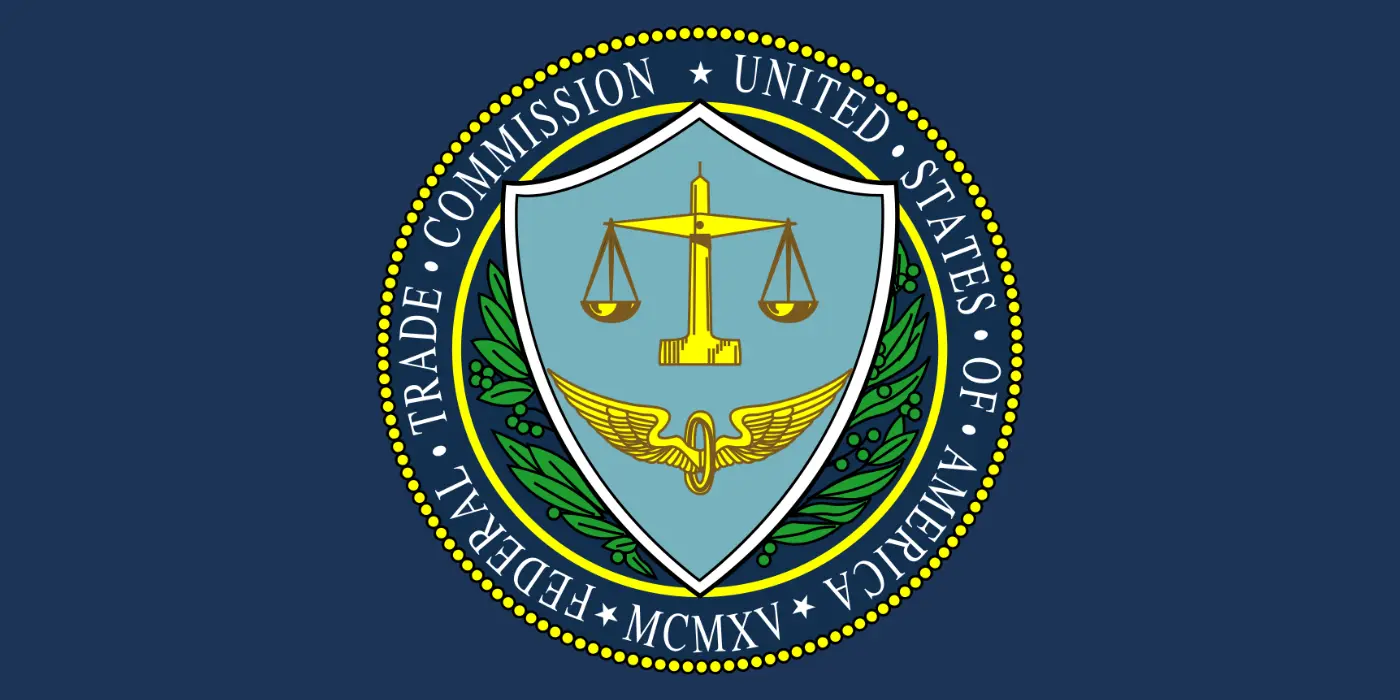Are Sweepstakes Casinos Legal in the U.S.?
Sweepstakes casinos operate legally in most U.S. states by using a legal loophole that classifies them as promotional sweepstakes rather than online gambling sites. They offer virtual currency for play and prizes, gold coins and sweeps coins, avoiding direct cash transactions.
How Are Sweepstakes Casinos Legal?
The "no purchase necessary" aspect of sweepstakes casinos is central to their legal compliance, distinguishing them from traditional online gambling sites. By ensuring that no consideration (money or something of value) is required to participate, these casinos avoid being classified as gambling operations. This allows them to operate legally in jurisdictions where online gambling might be restricted or prohibited.
An Alternative Method of Entry (AMOE) is a way to participate in a sweepstakes or contest without making a purchase or providing financial consideration. AMOEs can include actions like mailing a letter, filling out an online form, or completing a task. By offering an AMOE, sweepstakes organizers allow participants to enter for free, ensuring the promotion complies with laws that distinguish it from traditional gambling.
States Where Sweepstakes Casinos Are Legal
Sweepstakes casinos are currently legal in the following states:
Which States Have Banned Sweepstakes Casinos?
There are currently just two states that have imposed restrictions and outright bans on sweepstakes casinos due to their archaic gambling laws; Washington and Idaho. Washington is known for having the most strict gambling laws in the country, with laws extending to restructuring gaming activities on fun and real money casinos, which includes sweepstakes casinos.
As the most conservative state in the country, Idaho has also imposed a ban on winning real cash prizes on sweepstakes casinos. The regulatory framework of the state has strictly banned any form of online gambling, which includes virtual currency and real money gambling.
States Where Certain Sweepstakes Casinos Don't Operate
The legal landscape for sweepstakes casinos is complex, leading some US sweepstakes casinos to avoid specific states to mitigate risks. Notably, states such as Nevada, Idaho, Kentucky, New York, and Wyoming are typically excluded.
Additionally, VGW brands and Pulsz have recently exited Montana, despite no legal changes occurring there yet. While certain sweepstakes casinos may still operate in these states, players should be cautious. Future legal actions might further restrict or completely ban social casinos in these regions, reflecting the ongoing uncertainty in the regulatory environment.
Key Legal Distinctions: Sweepstakes Casinos vs. Traditional Online Casinos
Sweepstakes casinos and traditional casinos offer two different distinct legal frameworks, user requirements, and operational models. Sweepstakes casinos use virtual currencies termed gold coins and sweeps coins, which can be used to play casino-style games. Gold coins have no monetary value and are used to play for fun, and sweeps coins are used for entry into sweepstakes contests, where players can win real money.
Traditional online casinos, of course, use real money for both bets and payouts, which revolve around real cash transactions and official gambling activity. Another key distinction is that sweepstakes casinos require players, typically, to be 18 years of age or older. Traditional casinos, on the other hand, require players to be 21 years of age or older.
Read more: Sweepstakes Casinos vs Online Gambling
How Sweepstakes Casinos Ensure Legal Compliance
Sweepstakes casinos follow several measures to make sure they are compliant with legal standards, primarily the use of virtual currencies and clear and concise operational practices. Using a virtual dual-currency system, gold coins and sweeps coins, sweepstakes casinos avoid direct monetary gambling, to align with legal requirements.
Sweepstakes laws also lean on a “no purchase necessary” model, as players can obtain sweeps coins with no purchases. This involves participating in promotional activities, and in-game play from the free coins received upon sign-up. The sweepstakes casinos that operate in the US also have clear and comprehensive terms and conditions that explain the nature of their virtual currency system.
Lastly, social casinos operate under different regulations from gambling laws, focusing on sweepstakes rules that give prizes through a random drawing from sweepstakes entries.
Role of the Federal Trade Commission (FTC)

The Federal Trade Commission (FTC) sets the stage for regulating sweepstakes promotions, ensuring that customers are protected and that play is fair. The FTC guidelines set forth for sweepstakes casinos prevent deceptive practices and ensure that sweepstakes operations are transparent to all.
The FTC is also responsible for the regulation and compliance of sweepstakes casino promotions, ensuring that the terms and conditions are clear and concise. By disclosing how consumers can enter sweepstakes without making a purchase, the odds of winning, and the value of the potential prizes, the FTC is a key component in the legal framework of social casinos.
Lastly, the FTC is responsible for consumer protection and enforcement, making sure that customers are not misled by false advertising. If the FTC finds a social casino to be operating maliciously, they are responsible for investigating and taking action against operators that violate said guidelines.
Common Misconceptions About the Legality of Sweepstakes Casinos
Despite having been around since the early 2010s, there are still some common misconceptions about the legality of sweepstakes casinos. I am here to help, as I’ll explain below some of the most common myths and misconceptions about the legality of sweepstakes casinos.
First, sweepstakes casinos are not illegal gambling sites, and are fully legal and allowed in all US states except for Washington and Idaho. Next, you don’t have to make any purchases to play, as the “no purchase necessary” clause in their terms and conditions explicitly states this. Third, despite the primary currency (Gold Coins) having no monetary value, winnings are absolutely real, as sweeps coins can be used to enter sweepstakes contests which produce real prizes for winners.
Lastly, sweepstakes casinos are not unregulated and are subject to regulations and guidelines set forth by the Federal Trade Commission (FTC). Just like their real money counterparts, sweepstakes casinos have a regulating body to ensure fairness, transparency, and consumer protection.
The Future of Sweepstakes Casino Legislation
As states throughout the country continue to work on legislation around traditional online casinos, the future of sweepstakes casino legislation is constantly changing. As social casinos continue to grow, so does legislation on traditional gambling, meaning that states might have an incentive to push back against the sweepstakes model for a more profitable real-money counterpart.
As technology advances, including blockchain technology, sweepstakes casinos might change the way they offer products and services to the masses. The implementation of AI might also change how sweepstakes casinos choose their winners, as the random number generators they use have the potential to become more complex.
In general, the future of sweepstakes casino legislation will call for a balance of innovation and traditional online gambling influences.
